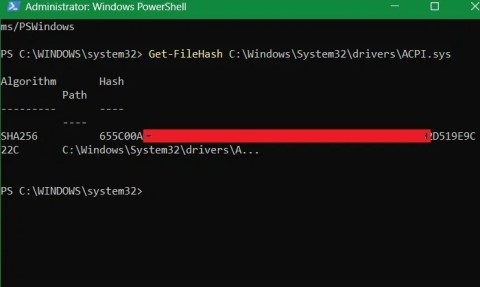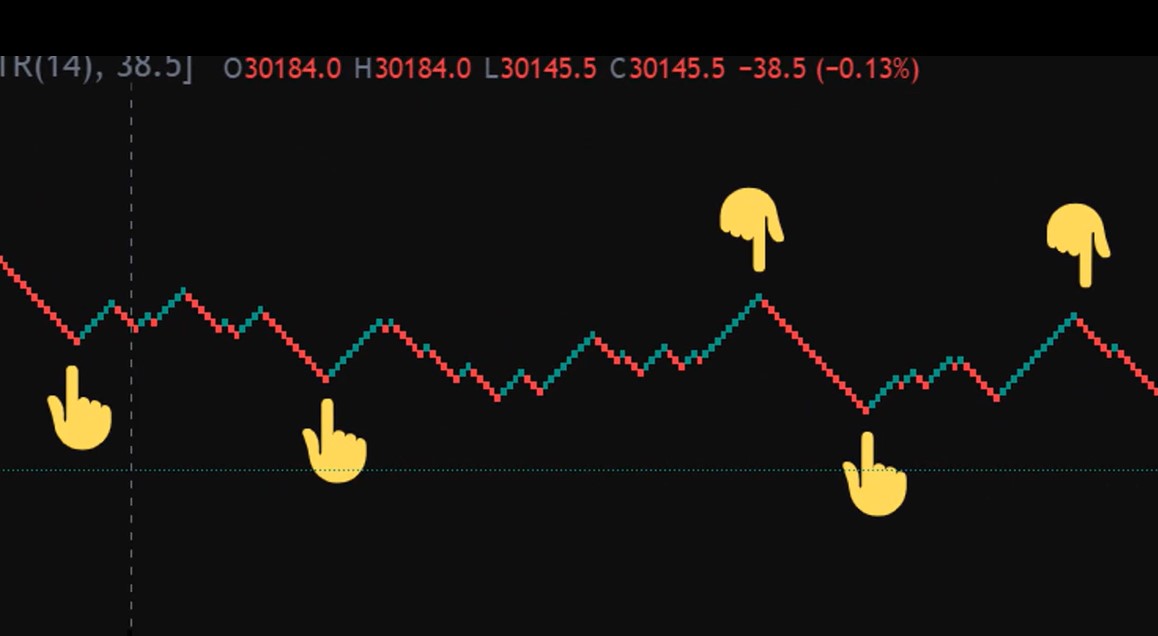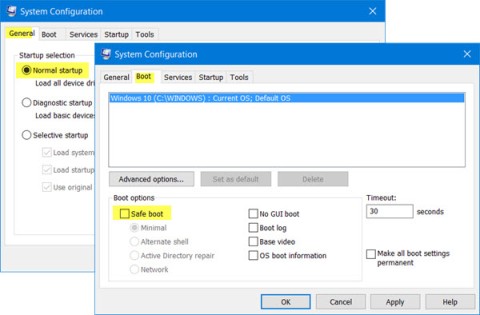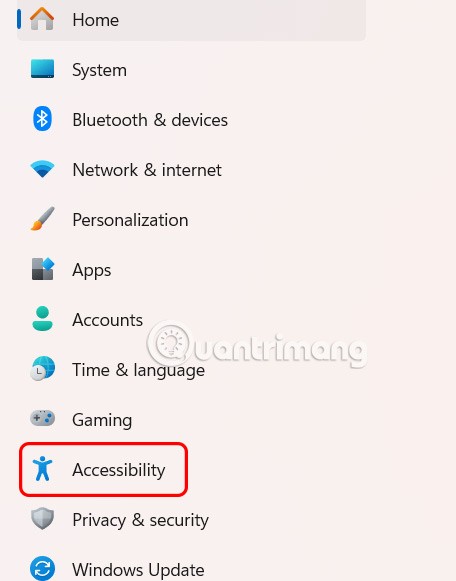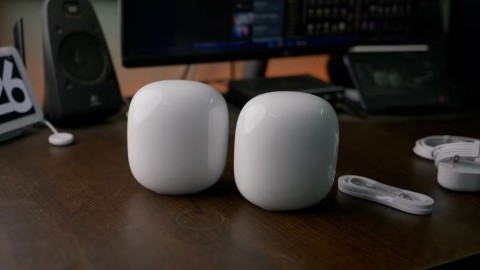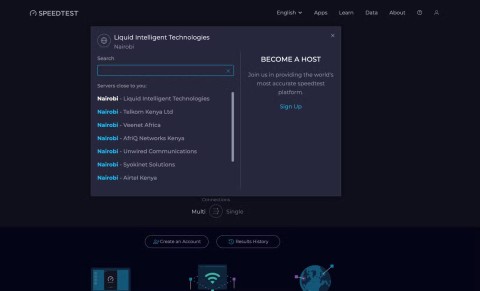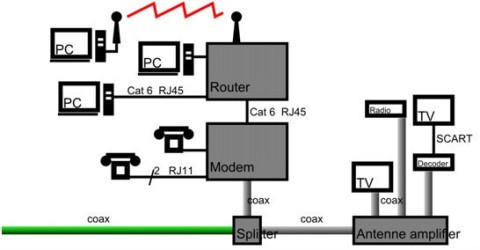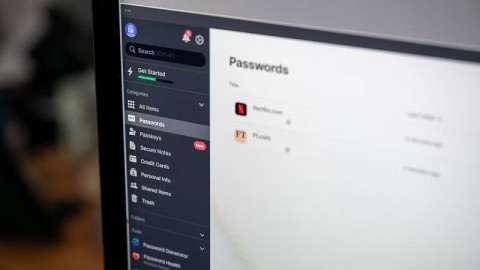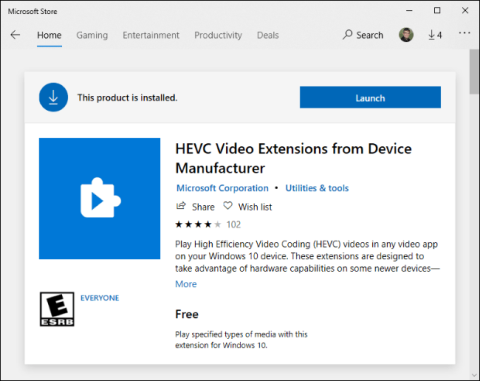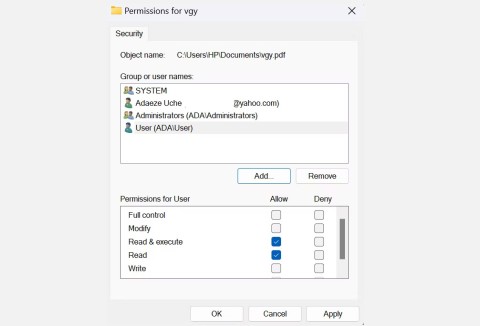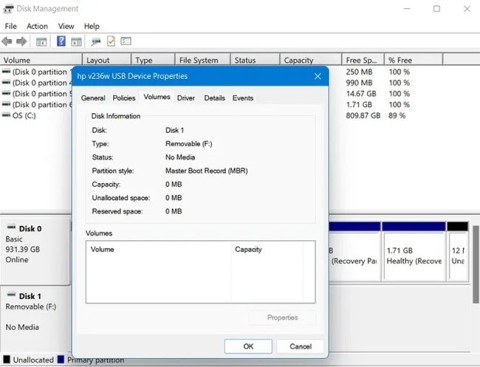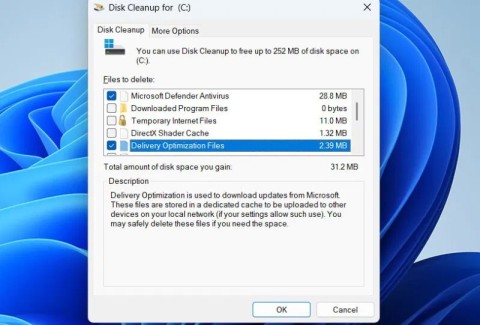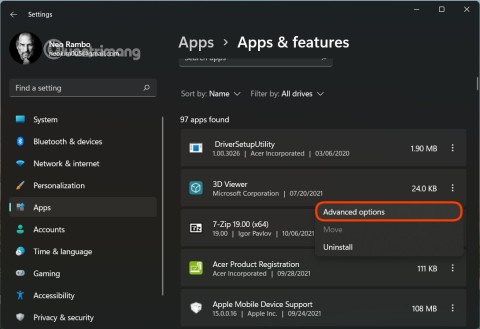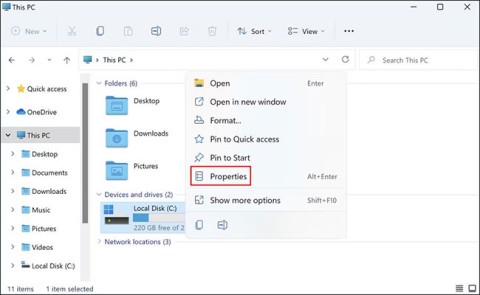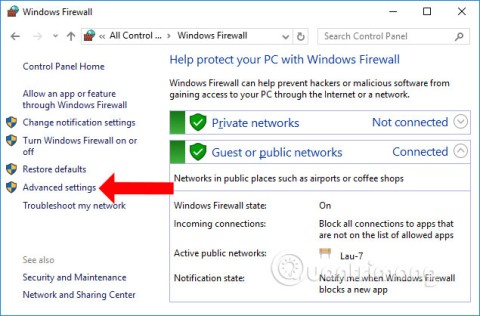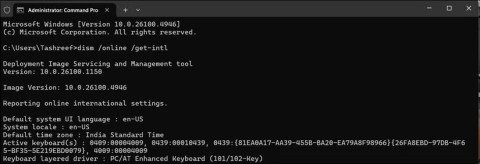Basically, a Virtual Hard Disk (VHD) is a file format that contains structures that are “exactly” identical to the structure of a hard drive. It can be understood as a virtual hard disk located on a native file system and “packaged” in a single file.
VHD is used to store virtual operating systems, related programs and acts like a real hard drive.
Just like Windows 7, on Windows 10 you can easily create a virtual hard disk without installing or using any tools.
Steps to create a virtual hard drive (Virtual Hard Disk) on Windows 10
To create a virtual hard drive on Windows 10, follow the steps below:
Step 1:
Open Administrative tools on your Windows 10 computer by typing Administrative tools into the Search box on the Start Menu.
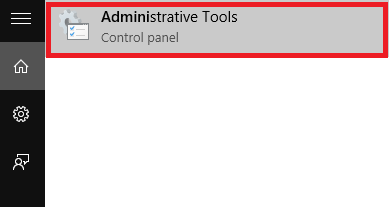
Step 2:
At this time, the Administrative tools window appears on the screen. Here, in the right frame, you find and double-click on the option named Computer Management.
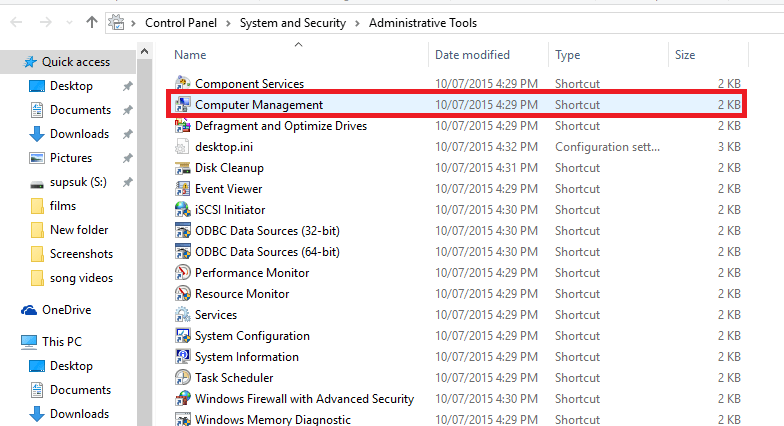
Step 3:
Next, expand the option named Storage in the left pane. Now you will see an option named Disk Management. Your task is to right-click on Disk Management and select Create VHD.
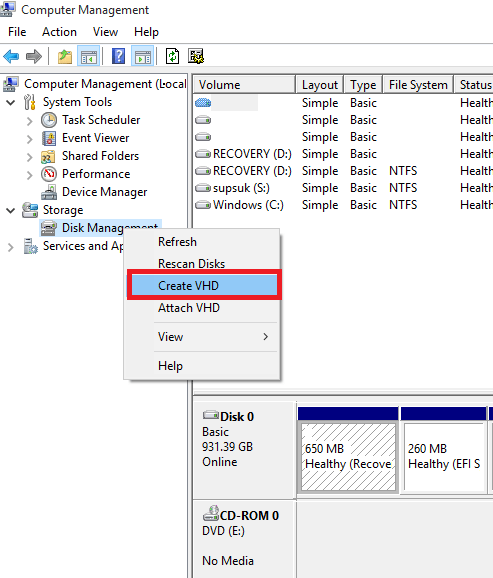
Step 4:
The Create and Attach VHD popup window appears on the screen. There you find the text box under the Location option , then browse to the path where you want to save the VHD file (virtual hard drive).
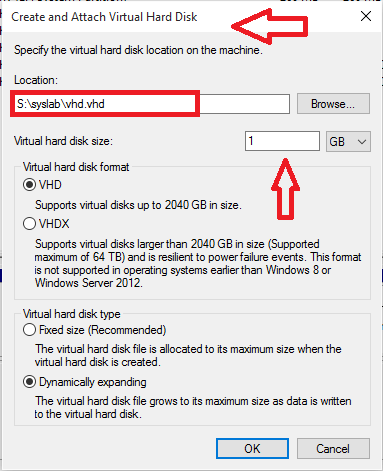
You can also choose the size of the VHD file by changing the value in the box next to Virtual Hard disk size.
The size of the virtual hard disk is set to GB. You can change it to MB (megabytes) or TB (terabytes) if needed.
Step 5:
In the Virtual hard disk type section , select the Dynamically expanding option and then click OK.
Step 6:
After completing the above steps, you will see the virtual hard drive created in the right pane of the window. Right-click on it and select Initialize to create a new Volume on the virtual hard drive.
Step 7:
At this time, a popup notification window appears on the screen, click OK . Go back to the virtual hard drive you created, right-click on it and select New Simple Volume .
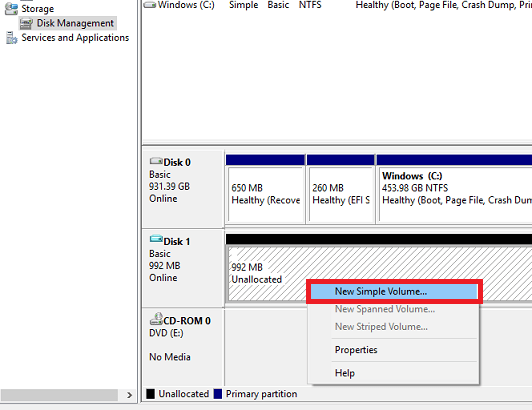
The Simple Volume wizard window appears on the screen, here you click Next to proceed with editing the settings.

Step 8:
Select the size for the Volume you want, then click Next.
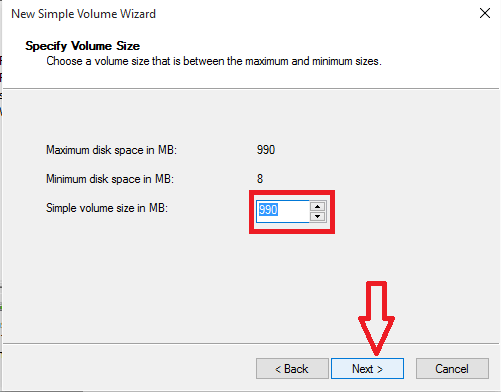
Step 9:
On the next window, select a drive letter name that you can name the Volume. Once done, click Next.
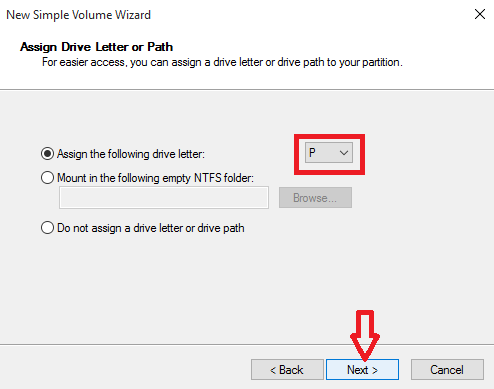
Step 10:
On the next windows, click Next until the last Simple Volume wizard window appears, then click Finish .
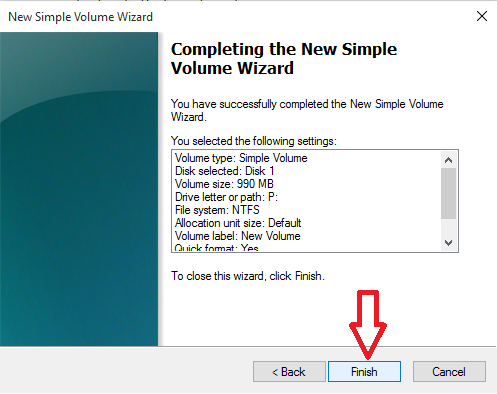
Step 11:
You will now see a new virtual hard drive appear in the File Explorer window. You have now completed the process of creating a virtual hard drive.
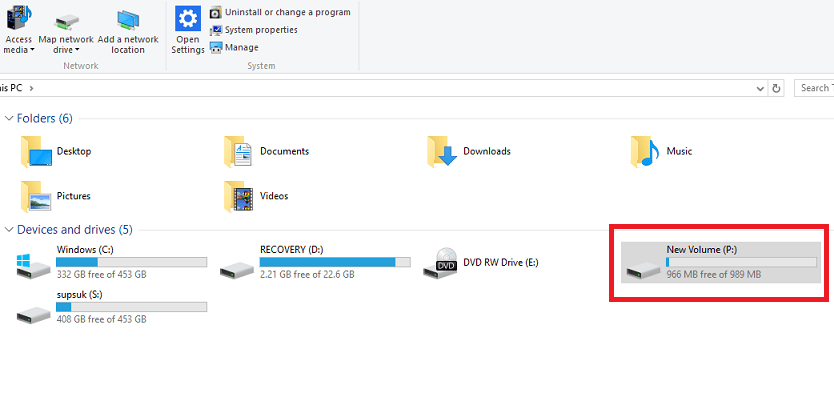
Step 12:
Whenever you want to unmount the drive or want to reclaim the memory space, just right-click on the virtual hard drive you created and select Eject .
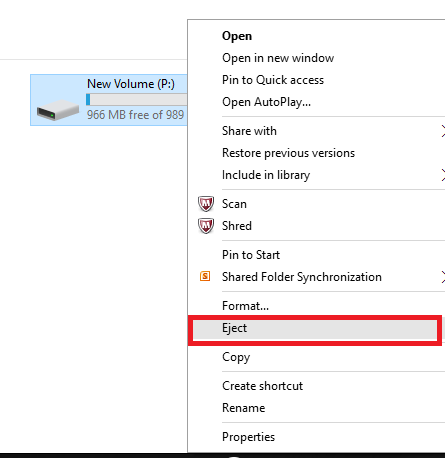
See more articles below:
